
Pressure builds on mining industry over supply chains

Extracting commodities from the ground is a necessarily dirty business, but an outcry over the use of child labour in the Democratic Republic of Congo has subjected the industry to ever more scrutiny of how metals from cobalt to copper are produced.
It is a challenge for a metals and mining sector where issues of corruption, environmental damage and wider social impact have rarely taken centre stage in negotiations between producers and buyers.

Concerns over mining practices in Congo have simmered since 2015 and largely focused on informal, or artisanal, small scale mining (ASM) where cobalt — a key component in the batteries used in smartphones and electric vehicles — is mined by hand, in often dangerous conditions and sometimes by children.
Last month’s announcement from the London Metal Exchange that by 2022 only metals compliant with OECD guidelines on responsible supply chains will be allowed to trade on the 142-year old venue is a sign of how the Congo controversy has helped force a change in attitude. Sharper examination of supply chains also poses new questions not just of miners in the Congo, the world’s biggest supplier of cobalt and a major copper producer, but those operating across the globe.
We will not knowingly assist any third party in breaching the law, or participate in any criminal, fraudulent or corrupt practice in any country – Glencore
Major industrial producers of cobalt in the country, including Switzerland-based Glencore and Eurasian Resources Group, have profited by distinguishing their supply, which comes from mechanised, industrial mines that do not exploit child labour.
Although Glencore and Eurasian Resources are not affected by the ethical issues involved in artisanal mining, their cobalt poses other compliance risks for the ultimate end users of the metal such as Apple and Samsung, according to Elisabeth Caesens, director of Brussels-based advocacy group Resource Matters.
Eurasian Resources’ London-listed predecessor ENRC is under investigation by the UK’s Serious Fraud Office for a series of deals between 2010 and 2012 with the controversial Israeli mining magnate Dan Gertler, through which it acquired various Congolese assets including its flagship cobalt project. ENRC has denied all the allegations against it.
Glencore said last year that it had been required to submit documents relating to its Congolese operations to the US Department of Justice, and though Mr Gertler is under US sanctions, the Swiss group continues to pay him royalties in euros from its two Congolese mines.
“For every $100 spent on cobalt from Glencore, more than $2 is owed to a company under US sanctions,” Ms Casens said in a report last month. “Companies that want to make sure they’re not linked to illicit deals need to look at the Glencore-Gertler connection first.”
In total, Resource Matters estimates that, at 2018 copper and cobalt prices, Glencore’s two mines in Congo would have owed Mr Gertler at least $74m last year. Glencore in June outlined a series of planned payments to Mr Gertler but declined to comment on the total amount transferred to the businessman since the sanctions were introduced in December 2017. Mr Gertler has always denied wrongdoing.
Companies sourcing cobalt from Glencore need to know more details about these payments to ensure they are in compliance with global standards for the responsible sourcing of metals such as those produced by the OECD, Ms Caesens said.
While Glencore did not secure its entry into Congo’s copper industry through deals with Mr Gertler, it ended up in partnership with him at two of the country’s biggest mines before later acquiring the businessman’s stakes in the projects in 2017.
In a statement Glencore said that “we will not knowingly assist any third party in breaching the law, or participate in any criminal, fraudulent or corrupt practice in any country”. Glencore has previously said that Mr Gertler had a watertight contract and if it did not continue to pay him royalties, there was a “material” risk its Congolese assets would be seized.
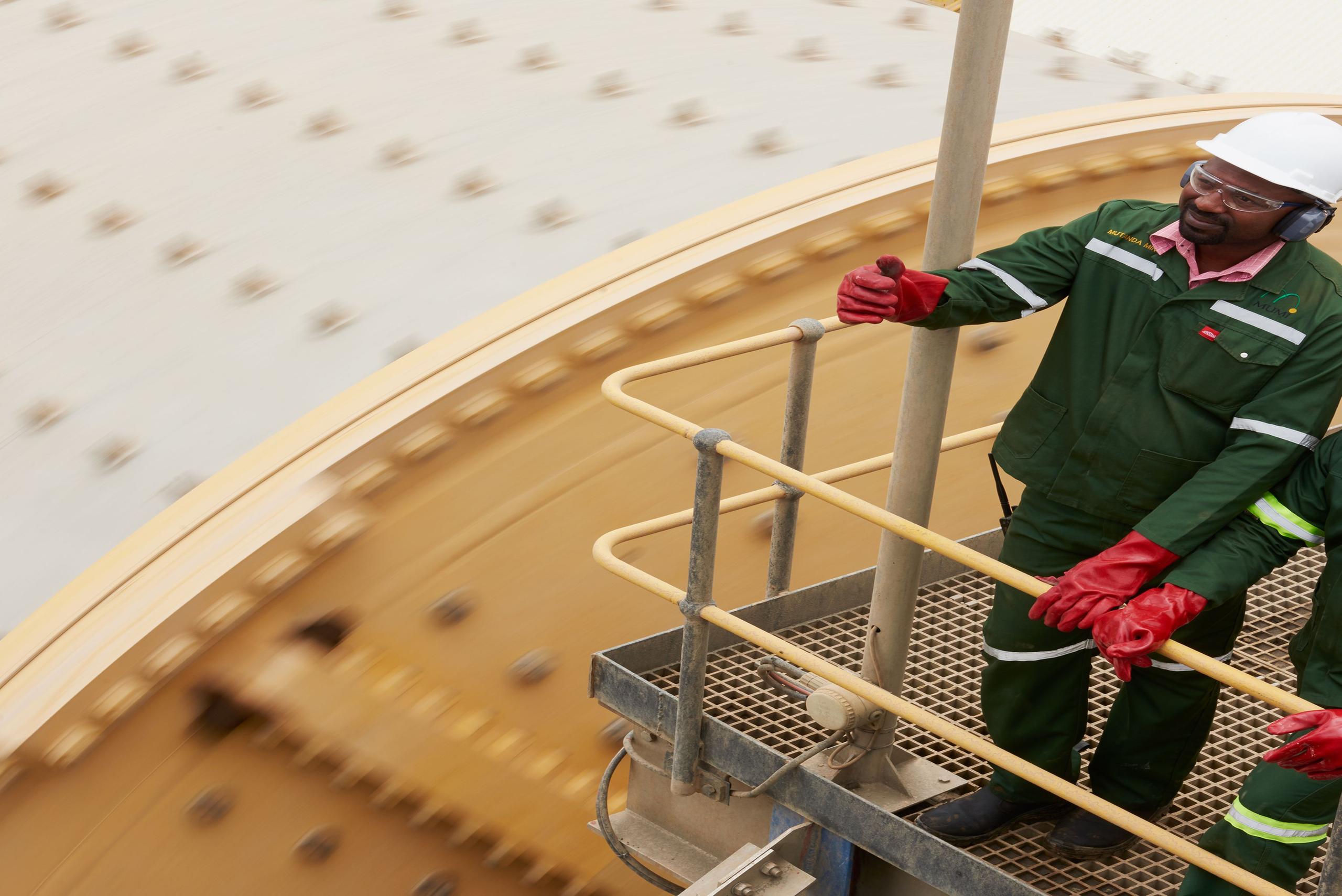
More
How Glencore does its homework
To ensure bribery risks are captured, the LME will also ask its producers to confirm if they have disclosed data in countries implementing the Extractive Industries Transparency Initiative, a programme amid at rooting out corruption in the sector
Although the LME’s new guidelines were prompted by the controversy over cobalt mining in the Congo, the exchange’s chief executive Matthew Chamberlain says that the clear trend within the industry is for more transparency around how metals are mined globally, including the environmental impact.
The exchange’s decision not to add a low-carbon requirement to its responsible sourcing proposals has drawn criticism from campaign groups.
“Only when brands [of metals] provide this kind of detail . . . will they demonstrate to investors, shareholders and customers that they take the full range of their potential or actual business impacts seriously,” said Sophia Pickles, supply chain investigator for Global Witness, a campaign group. “The LME must also go further when it comes to tackling the effects of its brands on the planet.”
Given a lot of the industry remains coal-powered, the LME chief executive says that insisting that metals were produced in a low-carbon way would have been very disruptive.
“The reality of doing that is we would have taken out a very significant proportion of global aluminium production for example,” he says. “I don’t think it would have been the right thing for the market this time,” he says.
However, the direction of travel is clear, concedes Mr Chamberlain. “The environment is absolutely on our radar. If over the next few years the industry shifts and they are telling us to embed this stuff, then its something we have a framework to do.”
Copyright The Financial Times Limited 2019
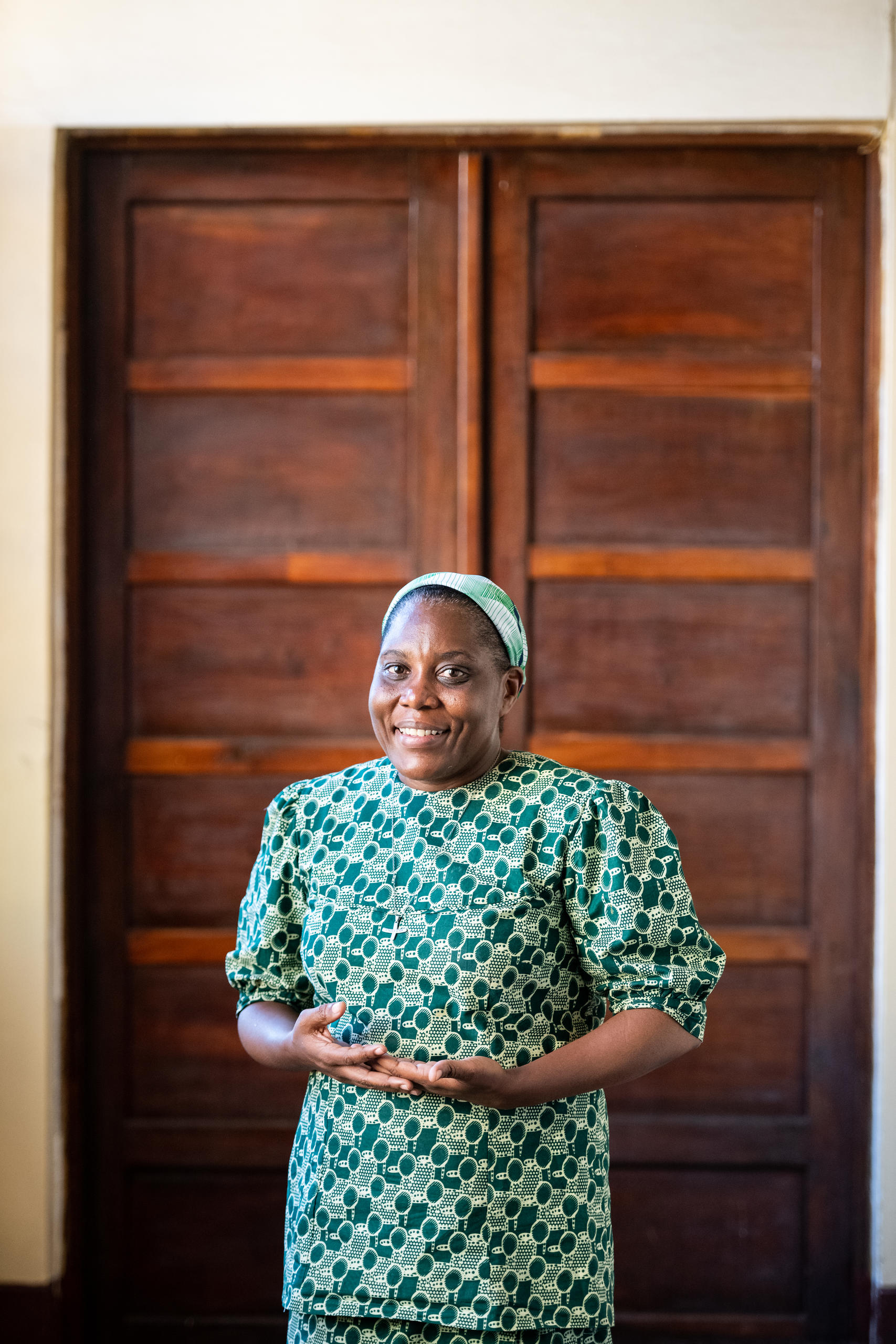
More
‘Phones come at the price of shattered health and environment’

In compliance with the JTI standards
More: SWI swissinfo.ch certified by the Journalism Trust Initiative




















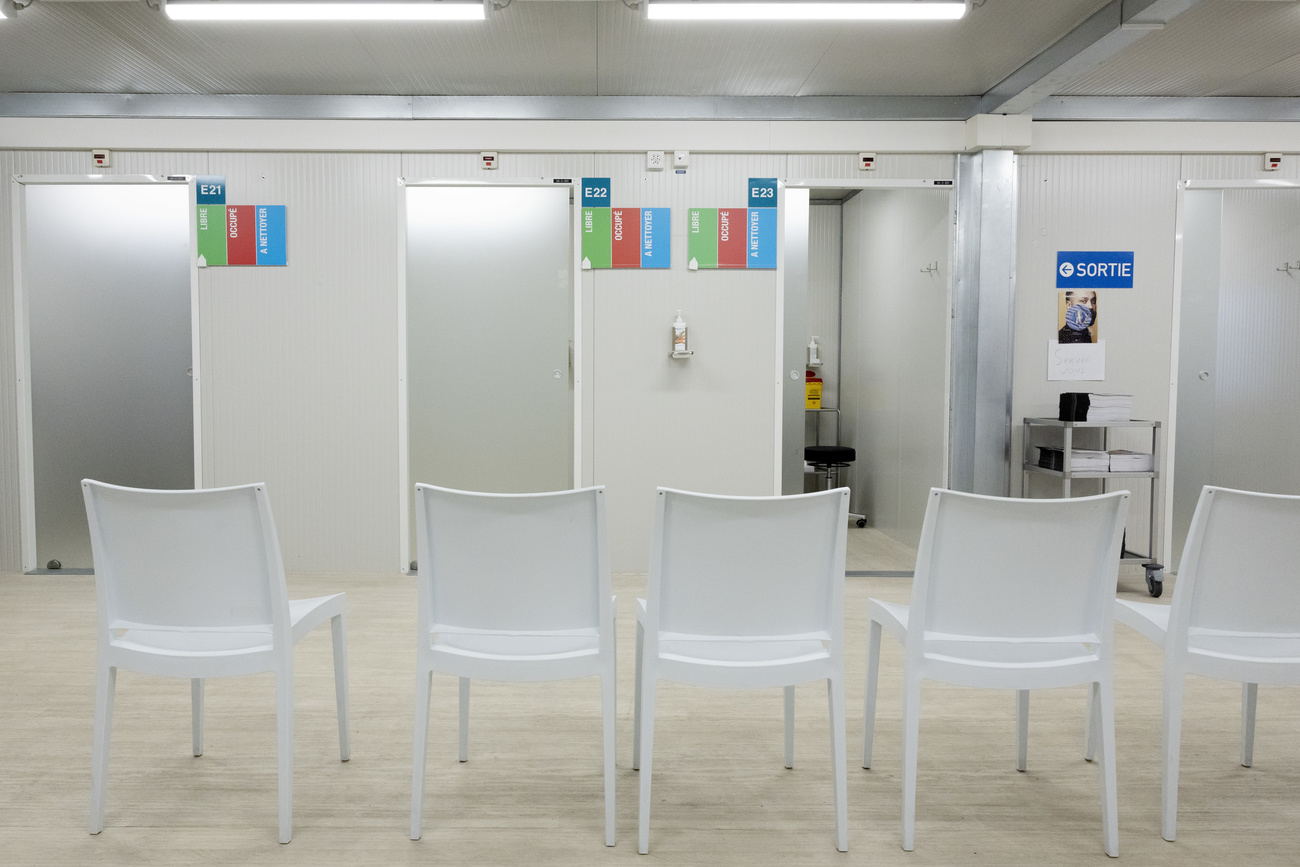
















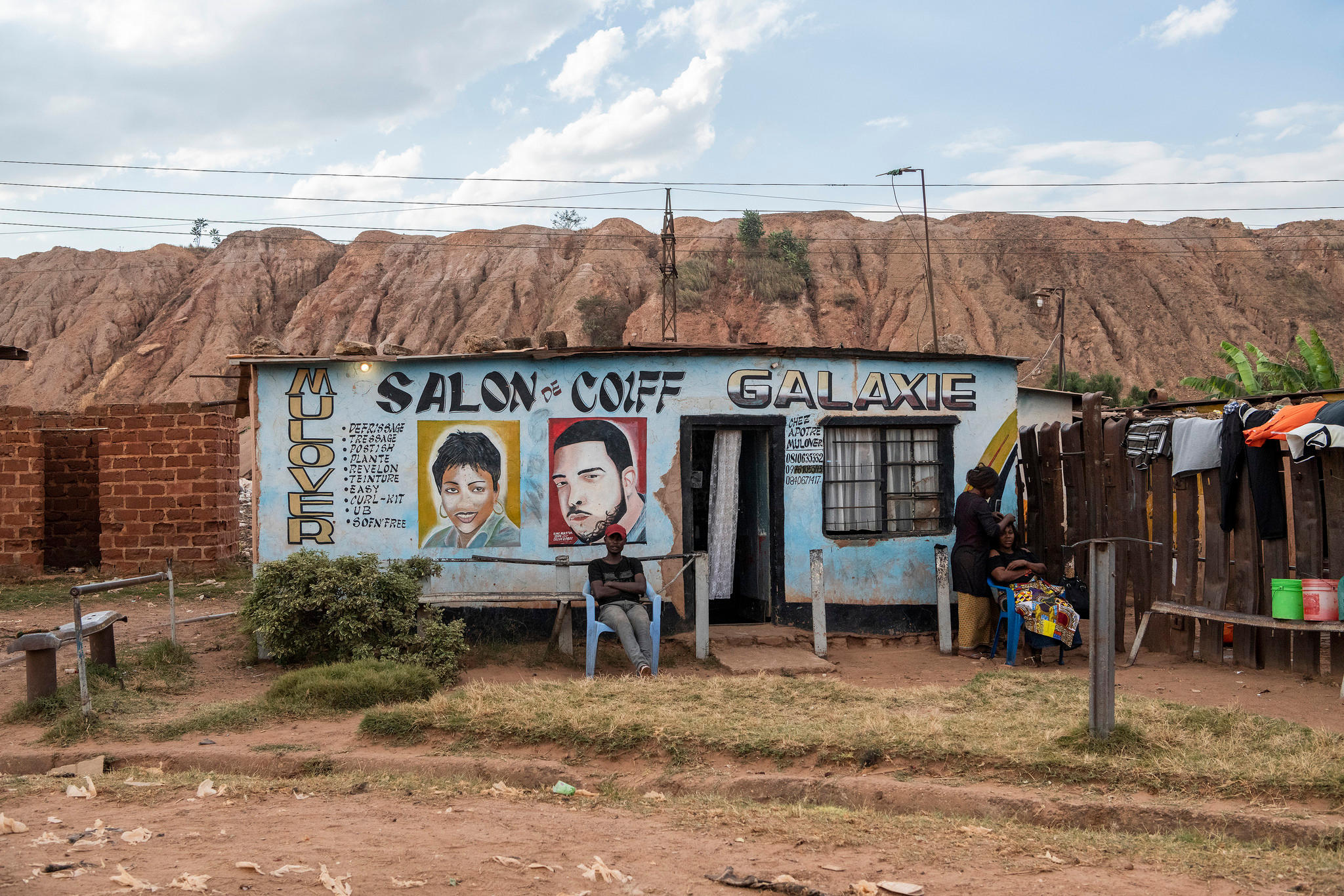

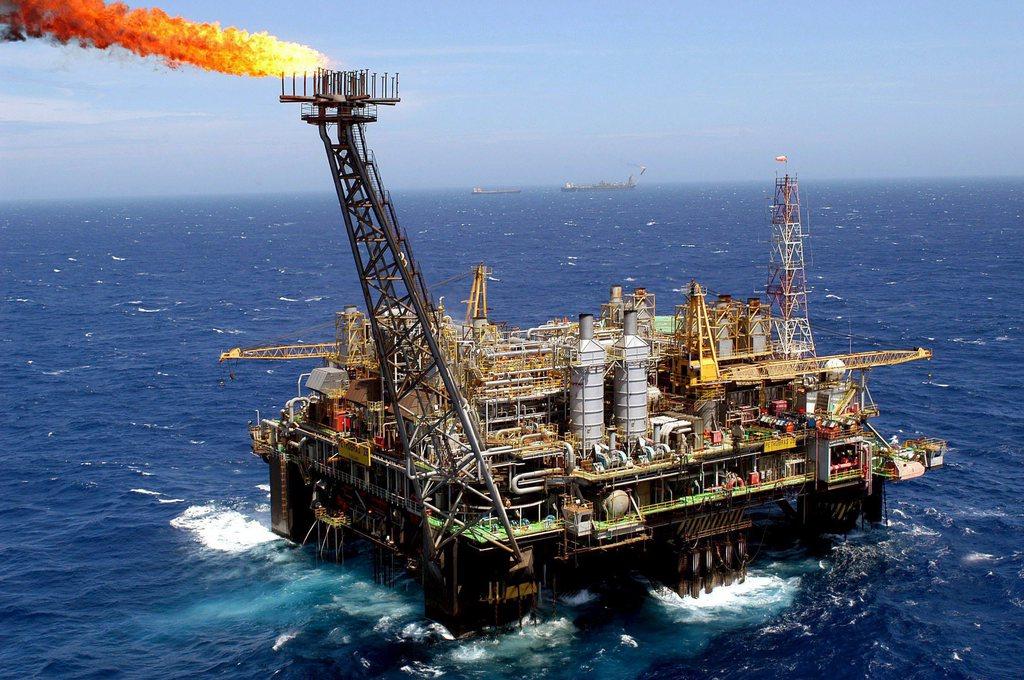
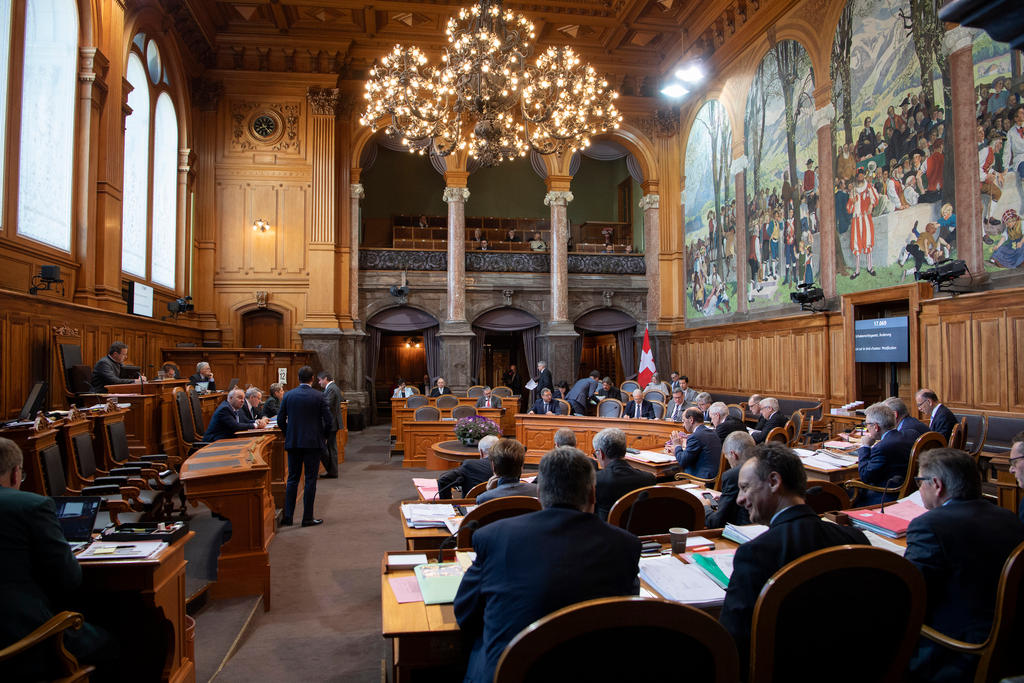
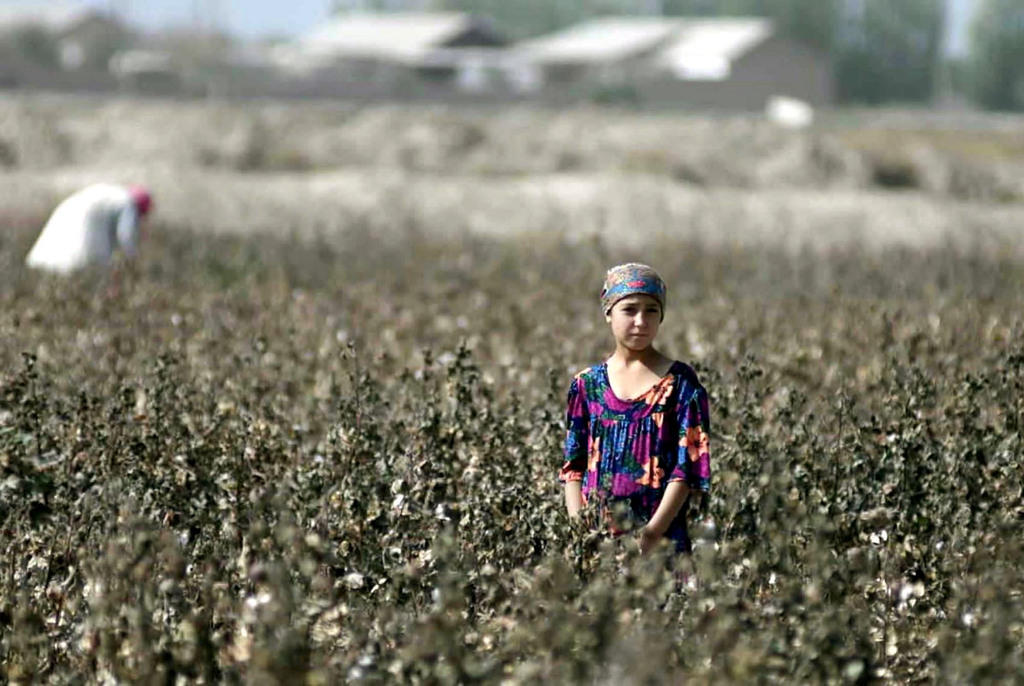
You can find an overview of ongoing debates with our journalists here . Please join us!
If you want to start a conversation about a topic raised in this article or want to report factual errors, email us at english@swissinfo.ch.